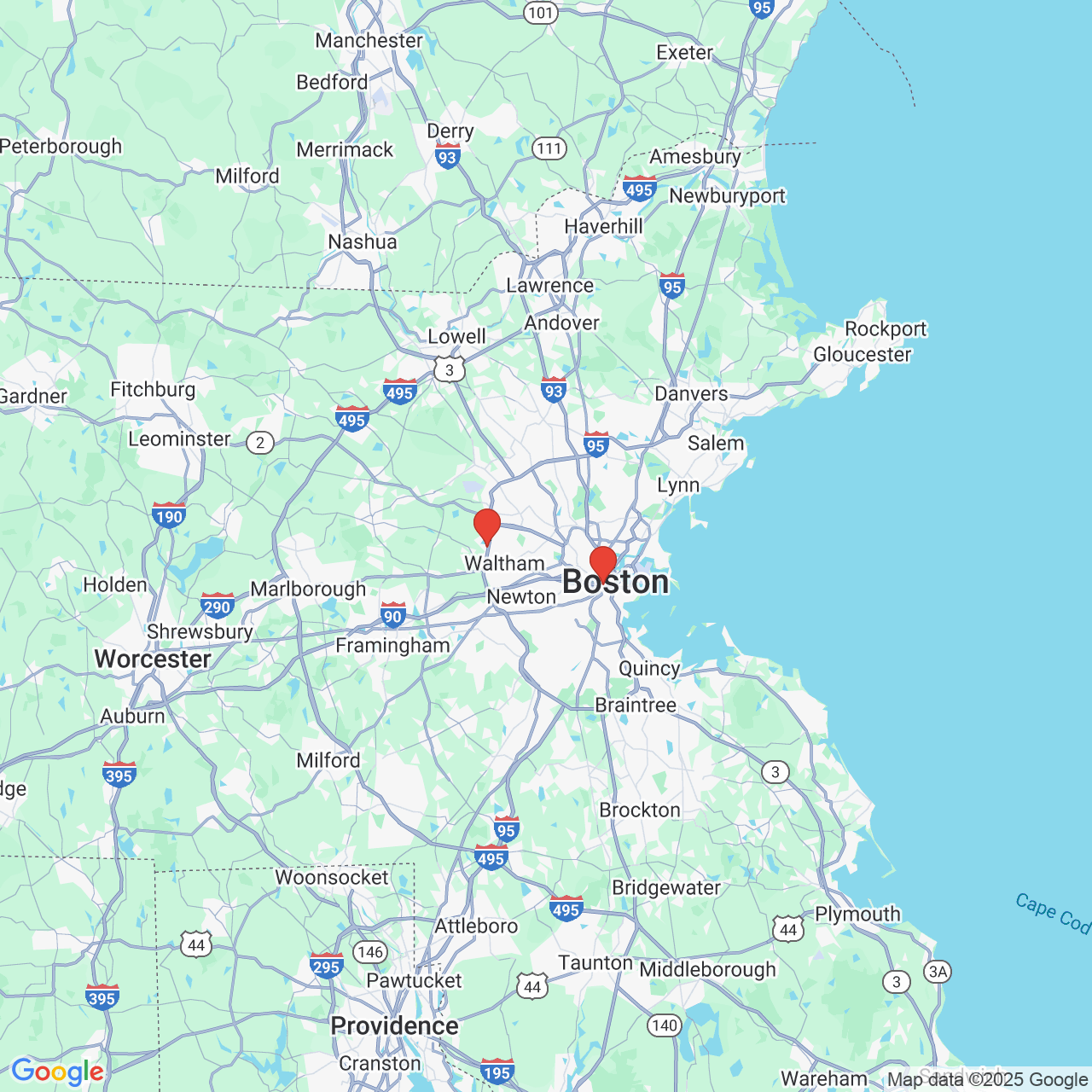Dental Problems and Jaw Pain
 Given that your teeth are rooted in your upper and lower jaws, it only makes sense that jaw pain would be considered primarily a dental problem. At Dental Associates of New England, we offer more than just world-class cosmetic dentistry. We offer a comprehensive range of high-quality dental treatments, including procedures designed to relieve jaw pain and alleviate the symptoms of temporomandibular joint, or TMJ, disorder.
Given that your teeth are rooted in your upper and lower jaws, it only makes sense that jaw pain would be considered primarily a dental problem. At Dental Associates of New England, we offer more than just world-class cosmetic dentistry. We offer a comprehensive range of high-quality dental treatments, including procedures designed to relieve jaw pain and alleviate the symptoms of temporomandibular joint, or TMJ, disorder.
If you are suffering from dental problems and jaw pain, our Boston, MA team of dental professionals can help. We can diagnose the underlying cause of your jaw pain and prescribe a treatment plan that will restore function to your jaw and relieve your pain. You will emerge with a higher quality of life and improved oral health. We urge you to schedule your initial consultation with our dentists today.
About TMJ Disorder
The TMJs are among the most commonly used joints in your entire body. They are the joints that attach your lower jaw to your skull just in front of your ears on either side of your head. Any time you open your mouth, whether to speak, bite, chew, yawn, laugh, or smile broadly, you put your TMJs to use. Over time, the joints can become worn, inflamed, or otherwise damaged. When this occurs, the result can range from minor discomfort to excruciating pain. Often, people with TMJ disorder may not even realize that they have the condition because the pain may not be centralized in the joints or even in the jaws. In fact, the pain may be felt in the ears, head, shoulders, neck, or even the back or arms.
In diagnosing TMJ disorder, our dentists must identify whether the condition is the root cause of the symptoms you are experiencing or a symptom of a larger underlying condition. TMJ disorder can be a symptom of:
- Jawbone issues: TMJ disorder can result from jawbone recession due to tooth loss or gum disease.
- Orthodontic problems: TMJ disorder can result from misalignment or a faulty bite.
- Trauma: Trauma or injury to the mouth can cause TMJ disorder.
- Gum disease: Gum disease, and periodontitis in particular, can be responsible for TMJ disorder.
- Chronic teeth grinding: Clinically known as bruxism, chronic teeth grinding can cause TMJ disorder.
Treatments for Jaw Pain
Our dentists may suggest a combination of conservative treatment approaches to your jaw pain to begin with. Possible treatments include:
- Lifestyle changes: After evaluating your lifestyle, our dentists may recommend making changes that could improve your jaw pain. For example, reducing stress and improving your diet could help. If you smoke or drink alcohol, you may be asked to quit.
- Physical therapy: Jaw exercises can improve your jaw pain.
- Splint therapy: A custom night guard can protect your jaw from the effects of bruxism.
- Oral surgery: If more conservative treatments prove unsuccessful, jaw surgery may be necessary.
Learn More about Dental Problems and Jaw Pain
To learn more about dental problems and jaw pain, please contact Dental Associates of New England today.



